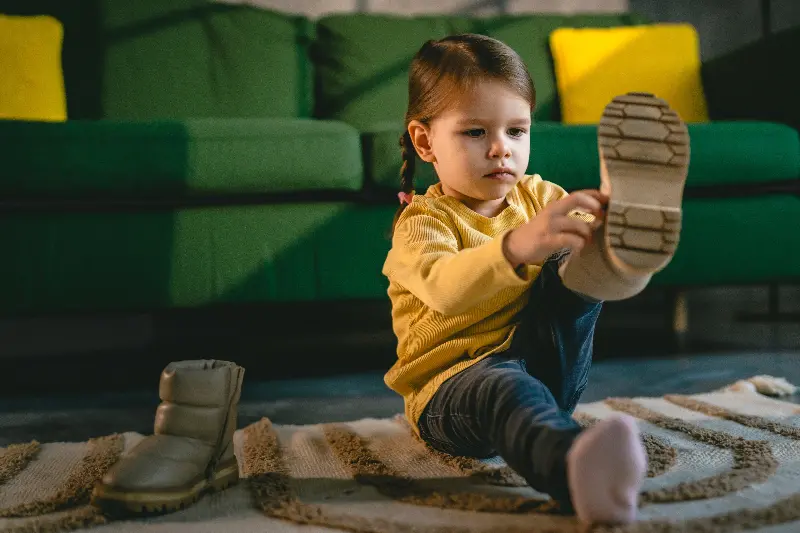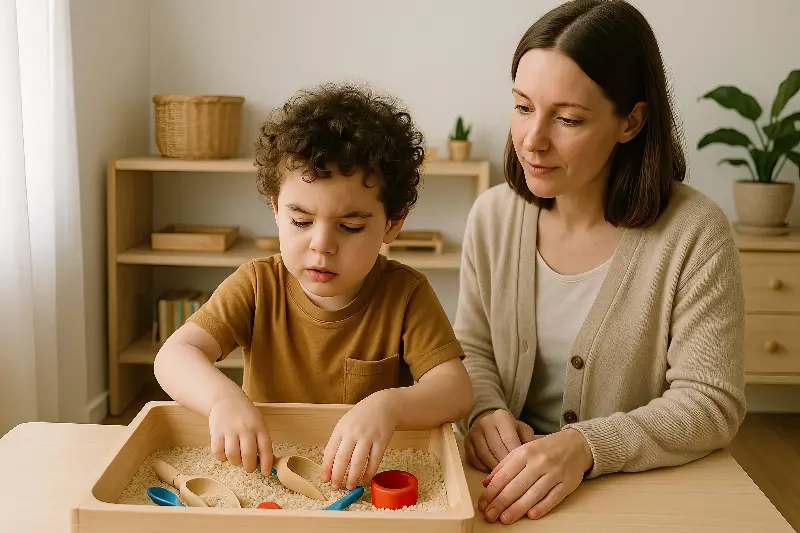
There are few things more rewarding for parents than watching their children grow into capable, self-reliant, and responsible young adults. Yet, in a world filled with distractions, pressures, and constant change, fostering autonomy and responsibility can feel like a daunting task. Fortunately, child development experts and seasoned parents alike agree that a few consistent strategies can help your child not just cope, but thrive—no matter the circumstances.
The Foundation: Trust and Open Communication
Children naturally crave independence, but their desire to take initiative hinges on the sense of security and trust they feel at home. Creating an environment where children feel comfortable expressing themselves, asking questions, and even making mistakes is key.
Encouraging open dialogue sets the stage for autonomy. Listen attentively when your child shares their thoughts and feelings, and resist the urge to solve every problem for them. Instead, ask thoughtful questions like, “What do you think you could do about this?” or, “How would you like to handle it?” These small yet powerful affirmations foster resilience and problem-solving skills, fundamental pillars of responsible behavior.
Age-Appropriate Choices: The Building Blocks of Autonomy
One of the most effective ways to cultivate responsibility is to gradually offer children meaningful choices. For younger children, it might be as simple as letting them pick out their clothes or choose between two snacks. As they grow, expand their decision-making opportunities: allow them to organize their school bag, select after-school activities, or help plan family outings.
With every choice, children learn to weigh options, anticipate consequences, and develop confidence in their abilities. Even when they make mistakes or choices you wouldn’t, resist the urge to step in unless safety is at stake. Experiencing natural consequences is a formative, lasting teacher.

Setting Consistent Boundaries and Expectations
Empowering children doesn’t mean giving them free rein. Clear boundaries and consistent consequences actually create a sense of security that supports independence. Household rules—like chores, curfews, and screen time—should be clear, realistic, and age-appropriate. Ensure these expectations are established calmly and revisited regularly as kids mature.
When children break a rule or forget a responsibility, calmly enforce consequences while expressing trust in their ability to do better next time. Avoid rescue missions or punitive lectures. Instead, frame the situation as a learning opportunity, inviting your child to reflect on what happened and brainstorm better choices for the future.
Teaching Problem-Solving and Accountability
Life’s inevitable challenges—be it a forgotten homework assignment or a friendship gone awry—are golden opportunities for growth. Rather than rushing to fix every problem, guide your child through the process of finding solutions.
Talk through the situation: What happened? What choices led here? What might they do differently next time? Let them come up with potential solutions and, where appropriate, try them out. This collaborative approach not only builds critical thinking skills but also reinforces that mistakes are part of learning, not something to be feared.
Encouraging accountability, especially through routine and follow-through, is equally important. Assigning regular age-appropriate chores, encouraging kids to manage their schedules, and asking for their input in family decisions teaches them that their actions matter—and so does their voice.

Modeling Independence and Responsibility
Children are more likely to embrace autonomy and responsibility when they see these qualities in action every day. Be open about your own challenges and decision-making processes at home. Admit mistakes and show how you learn from them. Involve your children in daily family routines—like grocery shopping, budgeting, or preparing meals—to provide real-world examples of personal responsibility.
Show empathy when your child struggles, but don’t rush to prevent discomfort. Allowing them to experience hurdles, with your encouragement, builds their sense of mastery and equips them for future independence.
Nurturing a Growth Mindset
Praise, though powerful, needs to be focused on effort and progress rather than innate talent or intelligence. Studies show that praising how hard a child works or how they handle setbacks cultivates what psychologists call a “growth mindset.” This makes children more likely to persevere, tackle new challenges, and learn from mistakes—all essential ingredients of responsibility and independence.
Celebrate small achievements and encourage your child to set personal goals, from learning a new skill to managing their own schedules. Growth flourishes when children feel their efforts are valued and when the path to independence is recognized as a journey, not a sprint.
Encouraging Community and Empathy
Finally, responsible children aren’t just self-reliant—they recognize their obligations to others. Encouraging your kids to participate in activities that benefit the family, local community, or wider world helps them develop empathy, compassion, and a sense of belonging. Tasks like volunteering, caring for a pet, or helping a neighbor foster a deep sense of responsibility beyond the self.
By supporting open communication, offering choices, setting fair boundaries, modeling responsibility, praising effort, and nurturing a sense of community, parents can guide children toward genuine autonomy and resilience. In today’s ever-changing world, these qualities may be the greatest gifts we can offer the next generation.
